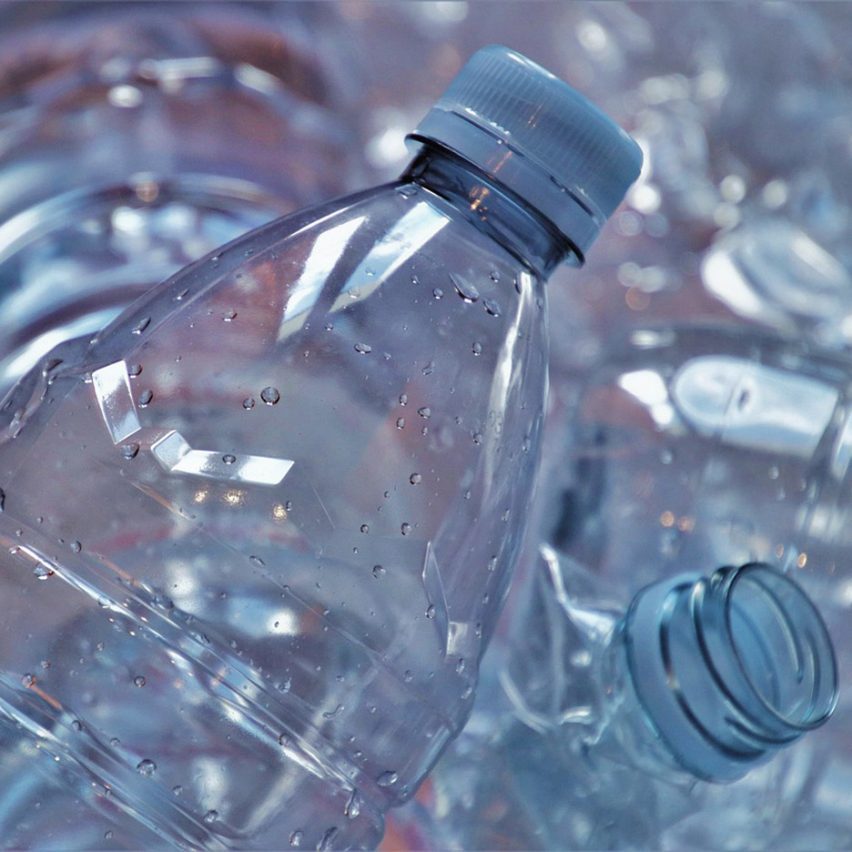Recycled plastics often contain more toxic chemicals says Greenpeace

The process of recycling can actually make plastics more hazardous to human health, according to a recent Greenpeace report that calls on the United Nations to rule it out as a scalable fix for plastic pollution.
Released ahead of the second round of negotiations for the UN's Global Plastics Treaty, which will begin on Monday, the report compiles the findings of several peer-reviewed studies from across the globe.
These suggest that recycled plastics often contain higher concentrations of toxic chemicals such as flame retardants, benzene and other carcinogens than virgin plastic. Recycled plastics also contain "numerous endocrine disruptors that can cause changes to the body's natural hormone levels", according to the Greenpeace report. Plastic recycling a "toxic endeavour"
Chemicals in recycled plastics have been linked to cancer, cardiovascular disease, obesity and other health issues, the report says. These can affect not just the end-user of the recycled product, but also frontline communities and workers involved in the process.
Combined with the fact that less than nine per cent of plastic waste is recycled globally, Greenpeace argues these findings suggest that the UN's Global Plastics Treaty should focus on capping and phasing down plastic production, instead of treating recycling as a silver bullet solution.
Read: UN gives green light to "historic" global treaty to end plastic waste
&qu...
| -------------------------------- |
| Industrial Facility designs collection of plank-topped tables for Emeco |
|
|
Villa M by Pierattelli Architetture Modernizes 1950s Florence Estate
31-10-2024 07:22 - (
Architecture )
Kent Avenue Penthouse Merges Industrial and Minimalist Styles
31-10-2024 07:22 - (
Architecture )






